Emerging markets are usually seen as a risky asset class. News headlines in recent years of street protests, rapid currency devaluations and corporate governance blow-ups have done little to dispel these impressions.
But holding equities means investing in individual businesses, not in countries as a whole. And clearly all companies are not equally risky.
A business laden with debt has a far higher chance of going bust than a business with a robust balance sheet. And a company whose owners have a track record of deceiving regulators is far more likely to be falsifying their accounts than one managed by a reputable steward,
A focus on active investment
Emerging markets as a whole are risky, and that is why it is so important to be selective in choosing which companies to own. Passive investing is an especially ineffectual approach in emerging markets because many of the largest companies are such poor quality. In some cases they are listed arms of the Chinese government, or are controlled by oligarchs with documented histories of criminality.
To invest in such companies would be to invite disaster: we don't know when or indeed if the issue inherent will manifest themselves. We believe there is simply no need to take such a risk with clients' capital when there are so many high quality alternatives available.
Emerging markets contain many of the riskiest and arguably the worst companies in the world, however they also have some of the best. That's why our approach to investing-active and bottom-up works so well. The best companies have been around a long time and have survived, and indeed thrived, through everything from military coups to hyperinflation. Sticking to those with robust balance sheets, resilient cash flows, and honest owners is in our view, the best way to remove much of the risk from investing in emerging markets. Finding these select high quality businesses and holding on to them for the long-run is the heart of our approach.
An example of a quality company
One example would be Dabur, an Indian personal care goods manufacturer focused on natural, Ayurvedic products, which we have held in the Global Emerging Markets Sustainability Strategy since launch in 2009.
Dabur has been owned by the founding Burman family since 1884. A 135-year, multi-generational perspective helps keep the company's culture focused on the long-term and able to make decisions which defer some profits today for greater profits tomorrow.
Despite family ownership, the company has been run for the last 17 years by Mr Sunil Duggal, a professional executive with experience at multinational companies like PepsiCo. We have repeatedly found this mix of family in the background and executives in charge of operations to be a powerful combination. Done well, the family can provide the space for long-term decision making, while professionals can bring best practice in execution.
Over the last decade, Dabur has delivered wonderfully on the promise we thought it had back in 2009. It has benefitted from a rising trend towards natural, herbal-based wellness products to take market share from multinationals. The company has built a successful overseas business and doubled the proportion of sales from outside India to over 30%.1
Dabur's very strong brands and distribution into rural India have allowed it to sustain high margins and extremely attractive returns on invested capital. Making the right branding and capital allocation decisions allowed the company to take advantage of the burgeoning income of Indian consumers to grow its free cash flow at 17% per annum for the last decade.2
A profitable business model which is growing strongly is always likely to reward investors over the long-term, and indeed since the launch of our Global Emerging Markets Sustainability Strategy, Dabur has contributed a 24% compound annual return, increasing in value nine-fold over that period.3
To capture such stellar returns from the top quality companies that exist in emerging markets, it is essential to be patient and hold on to them for years and years in order to get the full benefit.
If you had held Dabur for nine of the last 12 years, but you had inopportunely missed out on the best three years of returns, the value of your investment would have increased in value only 3-fold over the period.
Of course, if you were able to trade in and out repeatedly, you could have made even more than nine times your money. Trading frequently, focusing on momentum, valuation arbitrage and keeping on top of industry noise can be a successful way of investing. But timing markets is extremely difficult, and it is not our skillset. It suits us much better to simply hold on and direct our energy, rather than towards timing, into identifying which companies really are worth holding for extended periods.
Lengthening time horizons out to over five years means a focus on:
- Quality
- The integrity of the owners
- The economics of the business
- The conservatism of the financials
- The sustainability position of the products themselves
This is what we spend our careers thinking about.
An emerging markets portfolio
We use these features, assessed subjectively and from the bottom-up, to pick our favourite companies. We are looking to own shares in 30-50 companies from a universe of tens of thousands; we are interested in owning only the very best.
We say no to almost everything, and rule out companies where there is a hint of aggressive accounting or a change of weakening barriers to entry. Our job is to look obsessively for what can go wrong. It always pays to remember that in equities, no matter what price you pay, the downside is always a potential 100% loss of capital. It is not a worthwhile exercise to compromise on quality, especially in emerging markets.
Therefore we are unashamedly selective. Of 5,000 listed companies in China, there are around five that we would invest in at the right price.
In Russia, that number is zero. We simply haven't found a good enough business and owner. And our approach means we are not forced to own anything in Russia, regardless of what market indices or benchmarks say. Passive investors, or those active managers who closely track benchmarks, are unfortunately compelled to own the largest companies in Russia like state-controlled entities in commodity industries. These companies face an unquantifiable risk that government action on climate change could mean much of the oil and gas they control must be left in the ground and is therefore worthless.
Sustainability is central
Assessing the sustainability positioning of companies' business models, and the products they provide, is central in our process in determining which companies we consider good enough to own for clients. If you are hoping to own companies for five or ten years, then you simply have to think about whether the business model is going to face headwinds due to sustainability risks. To do otherwise would be an abrogation of your fiduciary duty to clients.
We don't think it's an attractive risk-return trade-off to own, for example, fossil fuel companies which could see their business models completely disrupted through electric vehicles or solar energy. Choosing to avoid these companies is not about expressing a set of ethical positions about 'sin stocks'. We are simply saying that in attempting to maximise returns and minimise risk for clients, it is imperative that we incorporate thinking about sustainability into the core of the investment process.
We want to find companies that can grow, profitably. Companies facing sustainability headwinds often fail to meet that criteria.
On the other hand, it expressly does not mean finding companies which are well-positioned to contribute to sustainable development regardless of their other qualities. We will not own a company with a poor balance sheet or a questionable owner solely due to its sustainability credentials.
Like Dabur, companies that can benefit from sustainability trends like the move to herbal wellness products while making good money, are in our view likely to prove the best long-term investments.
We believe companies like Dabur that benefit from sustainable development, have great business models and honest owners can help clients avoid the risk of emerging markets while benefiting from the opportunities. We are 12 years into our journey owning Dabur on behalf of clients, and look forward to hopefully many more years of the same.
1Stewart Investors investment team, company research as at 30 November 2019.
2Stewart Investors investment team, company research as at 30 November 2019.
3Stewart Investors investment team, company research as at 30 November 2019.
Reference to specific securities should not be construed as investment advice or a recommendation to invest in any of those companies.
Important Information
This information has been prepared and issued by First Sentier Investors (Australia) IM Limited (ABN 89 114 194 311, AFSL 289017) (FSI AIM). Stewart Investors is a trading name of FSI AIM. FSI AIM forms part of First Sentier Investors, which is ultimately owned by Mitsubishi UFJ Financial Group, Inc. (MUFG), a global financial group.
It is directed at persons who are professional, sophisticated or wholesale clients and has not been prepared for and is not intended for persons who are retail clients. A copy of the Financial Services Guide for FSI AIM is available from First Sentier Investors on its website. This material contains general information only. It is not intended to provide you with financial product advice and does not take into account your objectives, financial situation or needs. Before making an investment decision, you should consider, with a financial adviser, whether this information is appropriate in light of your investment needs, objectives and financial situation.
MUFG and its subsidiaries do not guarantee the performance of any financial products mentioned or the repayment of capital in relation to any financial products mentioned. Investments in any investment-type financial products mentioned are not deposits or other liabilities of MUFG or its subsidiaries, and investment-type products are subject to investment risk including loss of income and capital invested.
To the extent permitted by law, no liability is accepted by FSI AIM, MUFG or any affiliates thereof for any loss or damage as a result of any reliance on this information. This information is, or is based upon, information that we believe to be accurate and reliable, however, neither FSI AIM, MUFG nor any affiliates thereof offer any warranty that it contains no factual errors. No part of this material may be reproducedc or transmitted in any form or by any means without the prior written consent of FSI AIM.
Get the right experience for you
Your location :  Australia
Australia
Australia & NZ
-
 Australia
Australia -
 New Zealand
New Zealand
Asia
-
 Hong Kong (English)
Hong Kong (English) -
 Hong Kong (Chinese)
Hong Kong (Chinese) -
 Singapore
Singapore -
 Japan
Japan

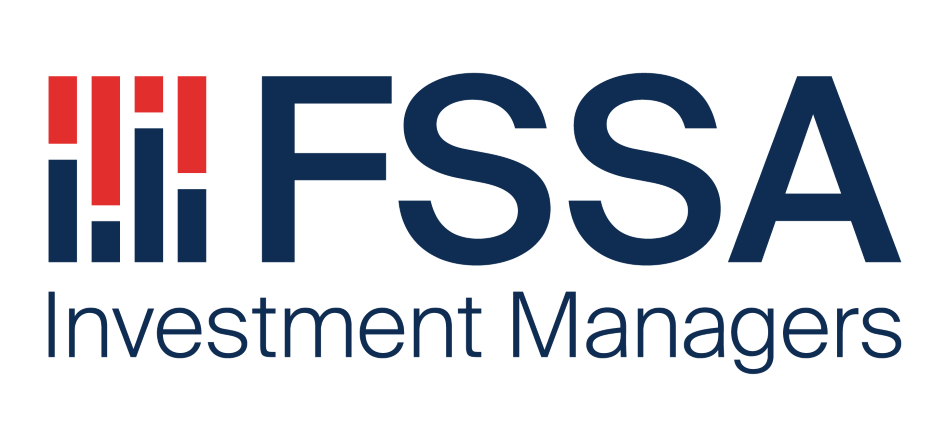
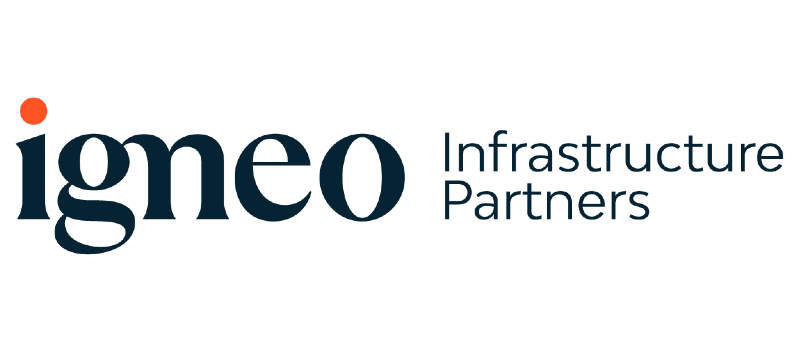
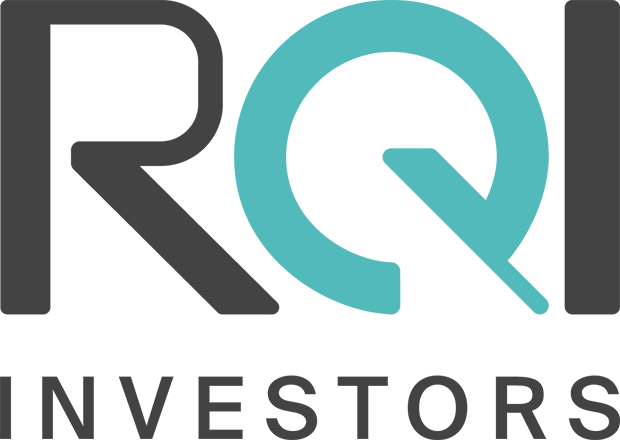
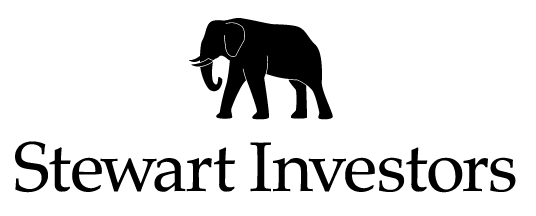

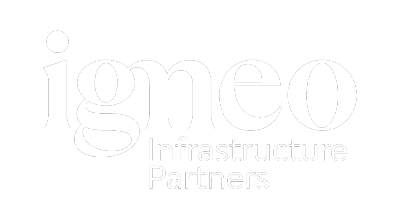



















 United Kingdom
United Kingdom 